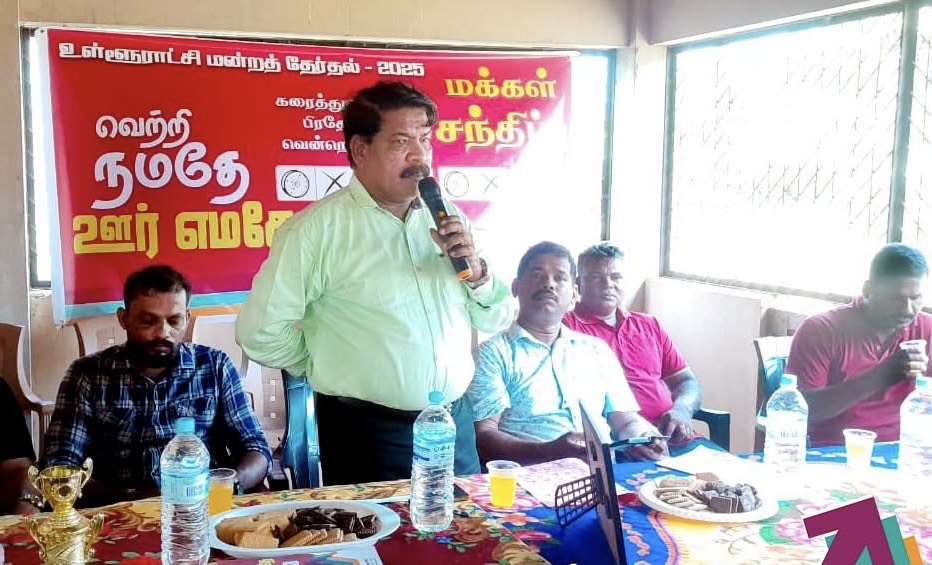Muslim clerics offer in response to Buddhist threats
The main Muslim clergy body in Sri Lanka, the All Ceylon Jamiyyathul Ulama, has asked stores to sell halal products to Muslims only, after Buddhist protests against the sale of halal meat.
Tamil News
Latest news from and about the homeland
